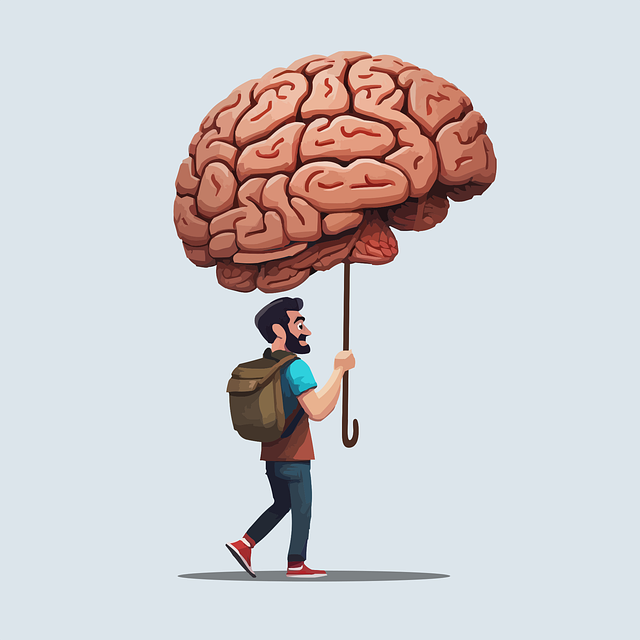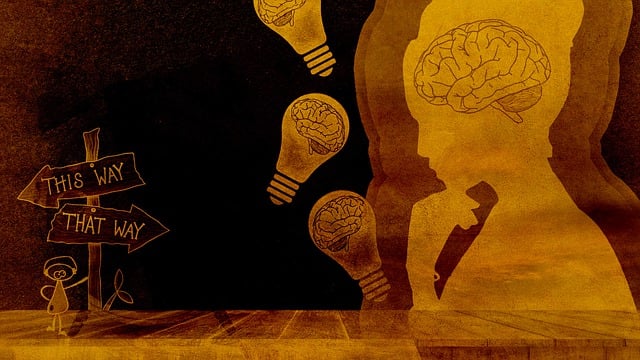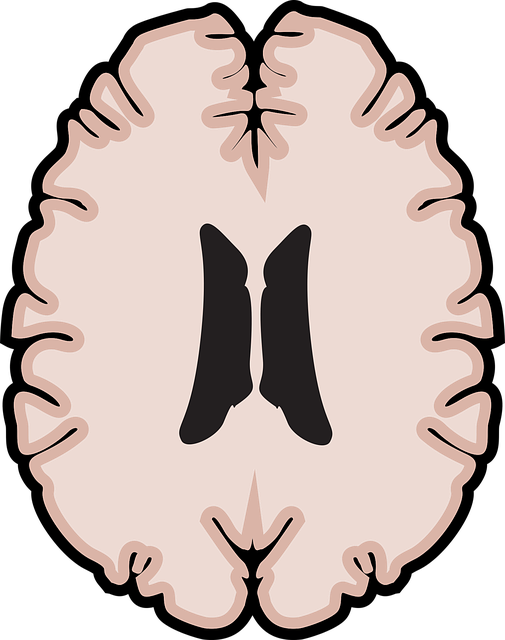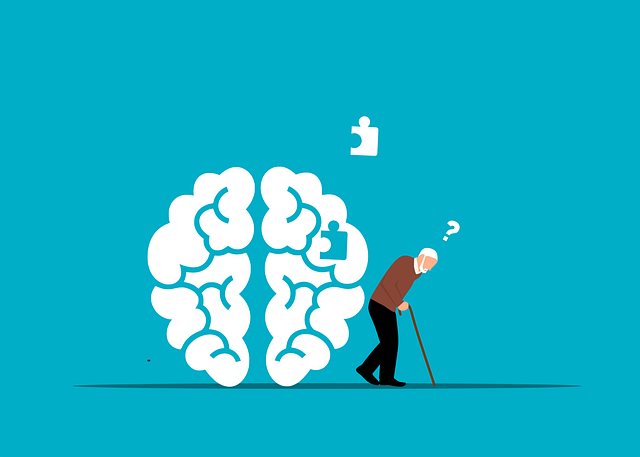Emotional Intelligence (EI) is a powerful tool for improving individual and collective well-being, especially in contexts like Lone Tree Child Abuse Therapy. By recognizing, understanding, and managing emotions, both one's own and others', EI fosters healthier relationships, improved communication, and increased resilience. High EI is linked to better mental health outcomes, making it crucial for reducing stigma and creating supportive environments. In Lone Tree Child Abuse Therapy settings, identifying emotional triggers and past traumas helps individuals develop effective coping strategies and build inner strength through self-awareness. Enhancing empathy skills enables profound connections and robust relationships, benefiting both children and adults. Ultimately, EI can revolutionize personal and professional lives while facilitating public awareness campaigns on critical issues like child abuse.
Emotional intelligence (EI) is a powerful tool for enhancing well-being and fostering healthy relationships. This article explores the fundamental aspects of building EI, offering practical insights tailored to individuals seeking growth and resilience. We delve into understanding EI’s impact on mental health, identifying emotional triggers to build resilience, cultivating self-awareness as the cornerstone of EI development, and enhancing empathy skills for improved interpersonal connections. For those facing challenges like child abuse, Lone Tree Child Abuse Therapy provides resources to navigate these topics effectively.
- Understanding Emotional Intelligence and Its Impact on Well-being
- Identifying Emotional Triggers: A Key Step in Building Resilience
- Developing Self-Awareness: The Foundation of Emotional Intelligence
- Enhancing Empathy Skills for Better Relationships
Understanding Emotional Intelligence and Its Impact on Well-being

Emotional intelligence (EI) is a powerful tool for enhancing individual and collective well-being. It involves recognizing, understanding, and managing one’s own emotions, as well as empathizing with and responding to the emotions of others. This multifaceted skill set promotes healthier relationships, improved communication, and increased resilience in the face of life’s challenges. By fostering EI, individuals can develop a deeper sense of self-awareness, leading to enhanced emotional regulation and a greater ability to navigate complex social situations effectively.
The impact of EI extends beyond interpersonal interactions. Research suggests that high levels of emotional intelligence are linked to better mental health outcomes, including reduced symptoms of anxiety and depression. Moreover, in communities affected by issues like child abuse, as seen in Lone Tree Child Abuse Therapy contexts, promoting emotional intelligence can play a pivotal role in Mental Illness Stigma Reduction Efforts and the design of effective Mental Health Education Programs. By equipping individuals with EI skills, these programs aim to build confidence, foster understanding, and ultimately create more supportive and inclusive environments for everyone’s well-being.
Identifying Emotional Triggers: A Key Step in Building Resilience

Identifying emotional triggers is a crucial step in building resilience and fostering healthy emotional healing processes. This involves recognizing patterns in our responses to certain situations or interactions that can lead to intense emotions, sometimes even triggering past traumas like those experienced in Lone Tree Child Abuse Therapy settings. By becoming aware of these triggers, individuals can start to understand why they react the way they do and begin to develop strategies to manage their emotional responses effectively.
This process is enhanced by crisis intervention guidance, which equips people with tools to navigate through challenging situations without resorting to unhealthy coping mechanisms. With the right support and practice, positive thinking can become an integral part of one’s emotional healing journey, allowing individuals to reframe negative thoughts and cultivate a more optimistic outlook that strengthens their overall resilience.
Developing Self-Awareness: The Foundation of Emotional Intelligence

Developing self-awareness is the cornerstone upon which emotional intelligence is built. It involves recognizing and understanding your own emotions, strengths, weaknesses, values, and motivations. This process begins with introspection—taking time to reflect on personal experiences, thoughts, and feelings. By fostering self-awareness, individuals can gain profound insights into their emotional triggers, patterns of behavior, and the impact they have on others. This is especially crucial for those who may have experienced challenging circumstances, such as child abuse, as it helps in healing and building resilience.
For instance, a person with a history of Lone Tree Child Abuse Therapy might use self-awareness to identify past traumas that still influence their emotional responses. Through this awareness, they can begin to develop coping skills, learn stress reduction methods, and cultivate inner strength. As emotions are recognized and managed effectively, individuals become more attuned to their needs and better equipped to navigate relationships, making it a vital step towards enhancing overall well-being and personal growth.
Enhancing Empathy Skills for Better Relationships

Emotional intelligence is a powerful tool for fostering meaningful connections and building strong relationships. One of its key components, empathy, plays a pivotal role in understanding and sharing the feelings of others, especially in complex situations like child abuse therapy settings offered by Lone Tree Child Abuse Therapy. By enhancing empathy skills, individuals can navigate challenging conversations with greater sensitivity, ensuring that those who have experienced trauma feel heard, validated, and supported.
Developing empathy is not just about being emotionally aware but also about actively practicing active listening and perspective-taking. This involves recognizing and acknowledging the emotions of others without judgment and responding in a way that shows genuine concern and understanding. Both children and adults can benefit from such skills, as they promote open communication, build trust, and create safer, more supportive environments. Additionally, the confidence boosting effects of emotional intelligence can lead to improved social skills training, benefiting individuals’ personal and professional lives while contributing to the development of effective public awareness campaigns that address sensitive issues like child abuse.
Building emotional intelligence is a transformative journey that can significantly enhance well-being. By understanding and managing emotions, individuals can develop resilience, foster healthy relationships, and create a more fulfilling life. The steps outlined in this article—from identifying triggers to enhancing empathy—are essential tools for personal growth, especially as Lone Tree Child Abuse Therapy highlights the profound impact on mental health. Embracing these strategies can empower people to navigate life’s challenges with greater emotional agility and compassion.














